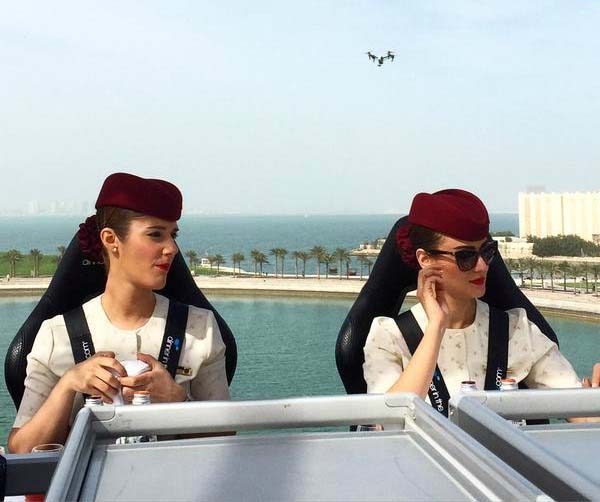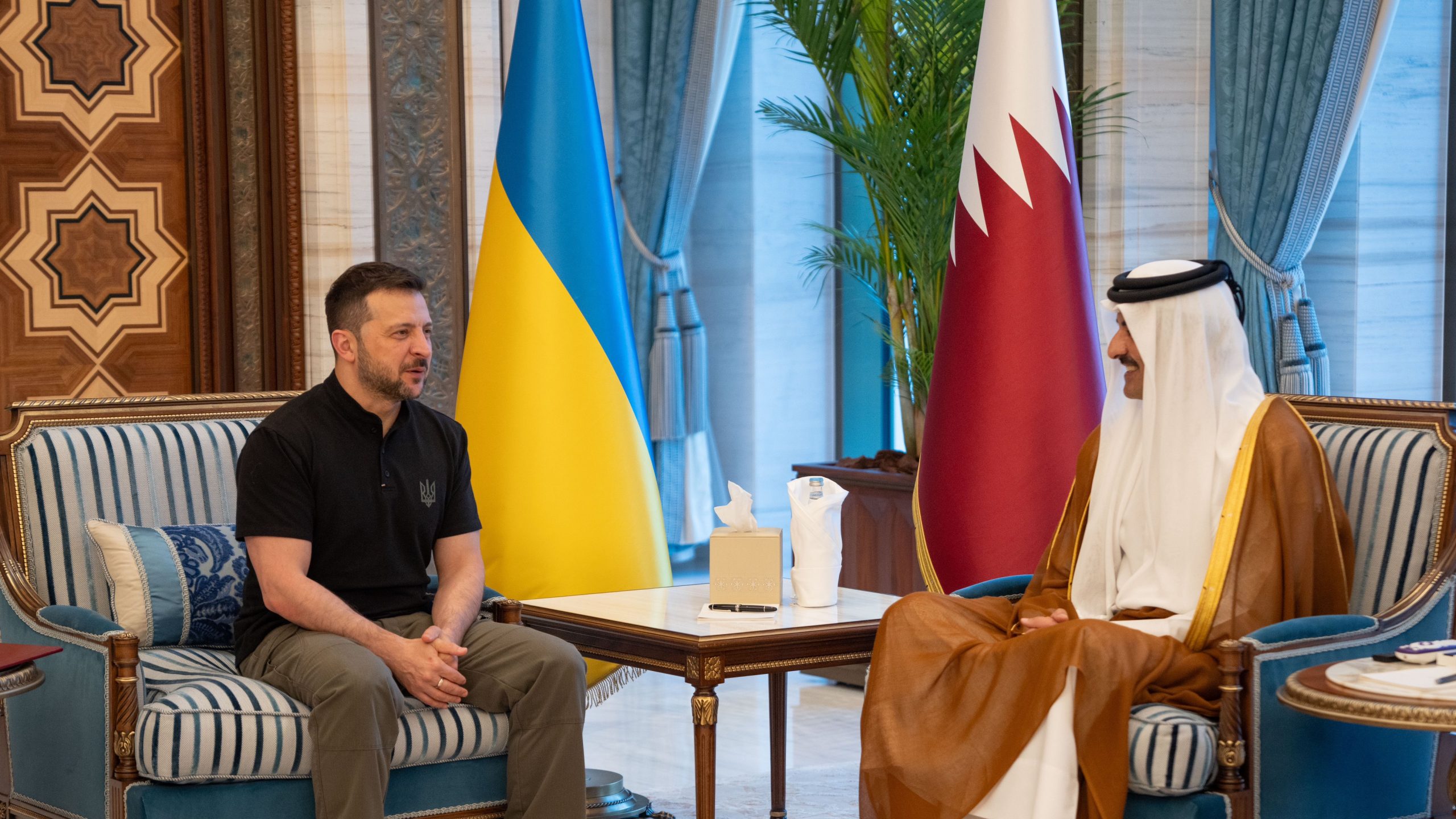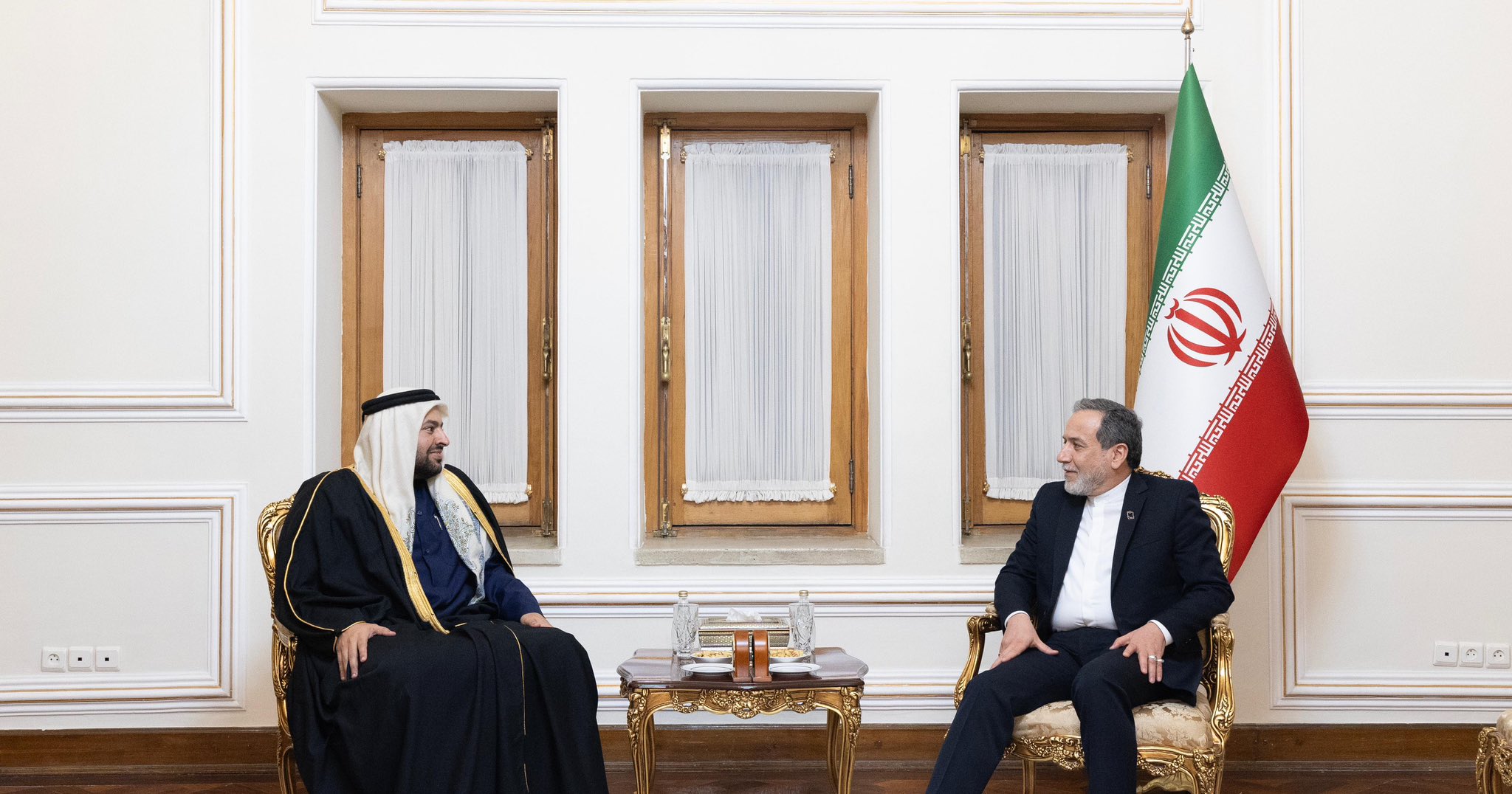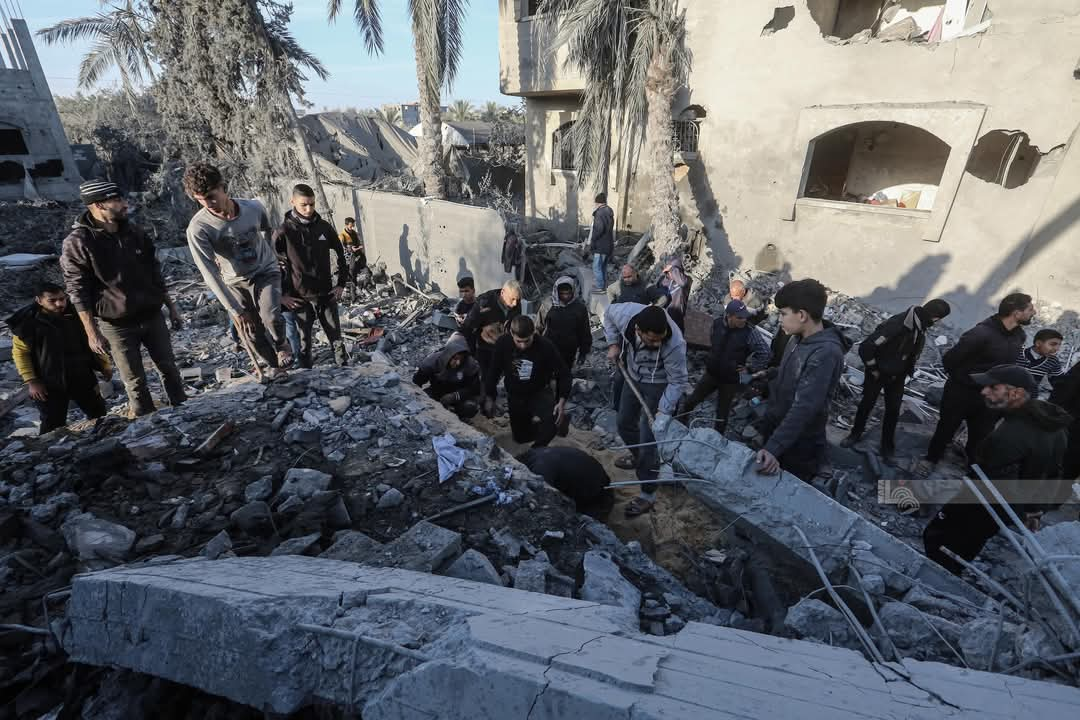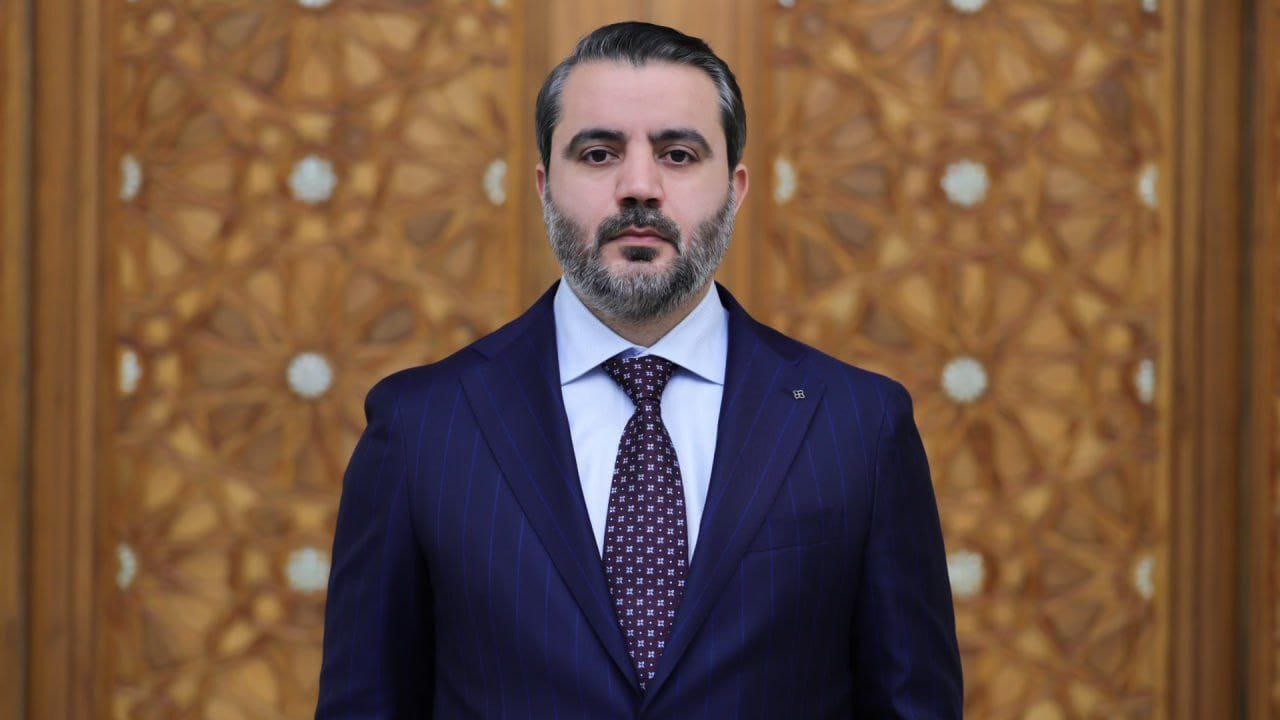
Qatar is drafting new regulations to govern the use of unmanned aerial vehicles (UAVs), also known as drones, in the country, a spokesperson for the Civil Aviation Authority has told Doha News.
Though details were not immediately available, she said, “Qatar cares about the safety and security of its airspace” and aims to keep it at the highest standards.
The development comes amid a regional crackdown on civilian use of drones, which tend to spark safety and privacy concerns, especially if the equipment is fitted with a camera.
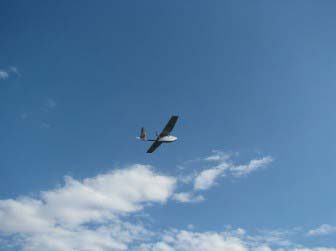
Earlier this month, the Abu Dhabi Business Centre, an affiliate of the Department of Economic Development in the UAE, issued an indefinite ban on the use and sales of drones in the Emirates.
The decision came after Dubai International Airport briefly suspended operations in January because a recreational drone flew too close to critical flight paths.
New laws regulating the weight and use of drones are to be announced soon, according to UAE’s state news agency WAM. It is likely that permits will need to be obtained for both recreational users and companies.
Meanwhile, UAE officials announced this week that they are testing a new government service in which drones deliver identity cards, driving licenses and other permits to residents. According to Gulf News, the service is expected to be rolled out next year.
Qatar regulations
Drones are not widely available for recreational use in Qatar, but some residents still operate them. Last year, they were even used to map the Al Ruwayda archaeological site in northern Qatar, according to the Gulf Times.
Currently, the Qatar Science Club operates a small runway in Al Khor for its members, who fly UAVs as a hobby.
They are not allowed to fly the drones anywhere else in the club, according to the QSC’s aviation sciences department head.

Speaking to Doha News, Khaled Al-Khateb said that drones with built-in cameras are also prohibited inside QSC because they are not allowed inside the country, unless the user obtains an official permit from authorities.
In recent years, drones have been growing in popularity around the world. Companies use them to take aerial shots of construction sites, and individuals rely on them to lower costs during the production of movies and documentaries.
But due to the concerns they’ve raised, Al-Khateb said that he hopes the government lays out clearer laws and regulations governing drone usage in Qatar.
He suggested new rules include banning the use of drones fitted with cameras in residential and public areas to protect people’s privacy, adding that it should also be illegal to fly them near government and military facilities, to safeguard national security.
Military use
Drones are also used in Qatar for military purposes. Last September, the nation’s armed forces conducted reconnaissance drone exercises west of Doha, flying up to 1,200 feet in the air.

Qatar is also home to the largest US air base in the Middle East, and the US maintains “drone hubs” in Qatar and in the UAE to conduct renaissance over the Gulf, according to the Washington Post.
Separately, The Sunday Times reports that the US has a fleet of armed unmanned aerial vehicles in Qatar that could be used to attack fighters in Iraq.
Furthermore, US service personnel stationed in Qatar also oversee American drone flights across the broader region.
Across the globe
Most Arab countries lack clear laws governing the use of drones, making Qatar and the UAE some of the first nations in the region to attempt to regulate this arena.
The European Aviation Safety Agency has also been working to developing EU-wide safety standards that include UAVs.

But several countries that have already laid out rules have been struggling to enact and enforce them.
Last month, three Al Jazeera journalists were arrested in Paris for allegedly illegally flying a drone in the Bois de Boulogne area.
At the time, the network said that the journalists had been “filming a report on the city’s recent mystery drones,” according to the BBC.
The arrest came after two nights of drone sightings over the French capital near sensitive areas, including the US embassy and the Eiffel tower.
Flying drones over the French capital is illegal without a license. Those who do so could face a maximum of one-year prison sentence and a $85,000 fine. Other recent incidents include:
- In the US in January, a man believed to be a recreational drone user “accidentally” crashed a small device onto the White House grounds, causing a lockdown, according to investigators cited in the Washington Post.
- In the UK last summer, an unidentified drone came close to hitting an Airbus A320 as it landed at London’s Heathrow airport, according to the BBC. At the time, the channel reported that rules set in the UK about drone usage are regularly flouted because people were unaware or willfully ignoring them.
- In Germany in September 2013, a drone flew over and crash landed just feet from German Chancellor Angela Merkel at a campaign event, according to CNN.
Worldwide regulations
In the UK, drones can fly at a maximum height of 122m, and those fitted with cameras should be flown at least 50 meters away from people, vehicles and buildings. They should also be flown some 150m away from a congested area or large group of people, such as a sporting event or concert.
Commercial operators are required to obtain permission from the nation’s Civil Aviation Authority to fly the drone.
In the US, the Federal Aviation Authority bans the flying of UAVs, including hobby drones, above 400 feet.
FAA regulations also state that if drones are to be used within five miles of an airport, its air traffic control tower should be notified in advance and the devices should not weigh more than 25kg.
The FAA bans most commercial drone flights, though companies can currently apply for exemptions while new rules are finalized, according to Reuters.
Thoughts?

